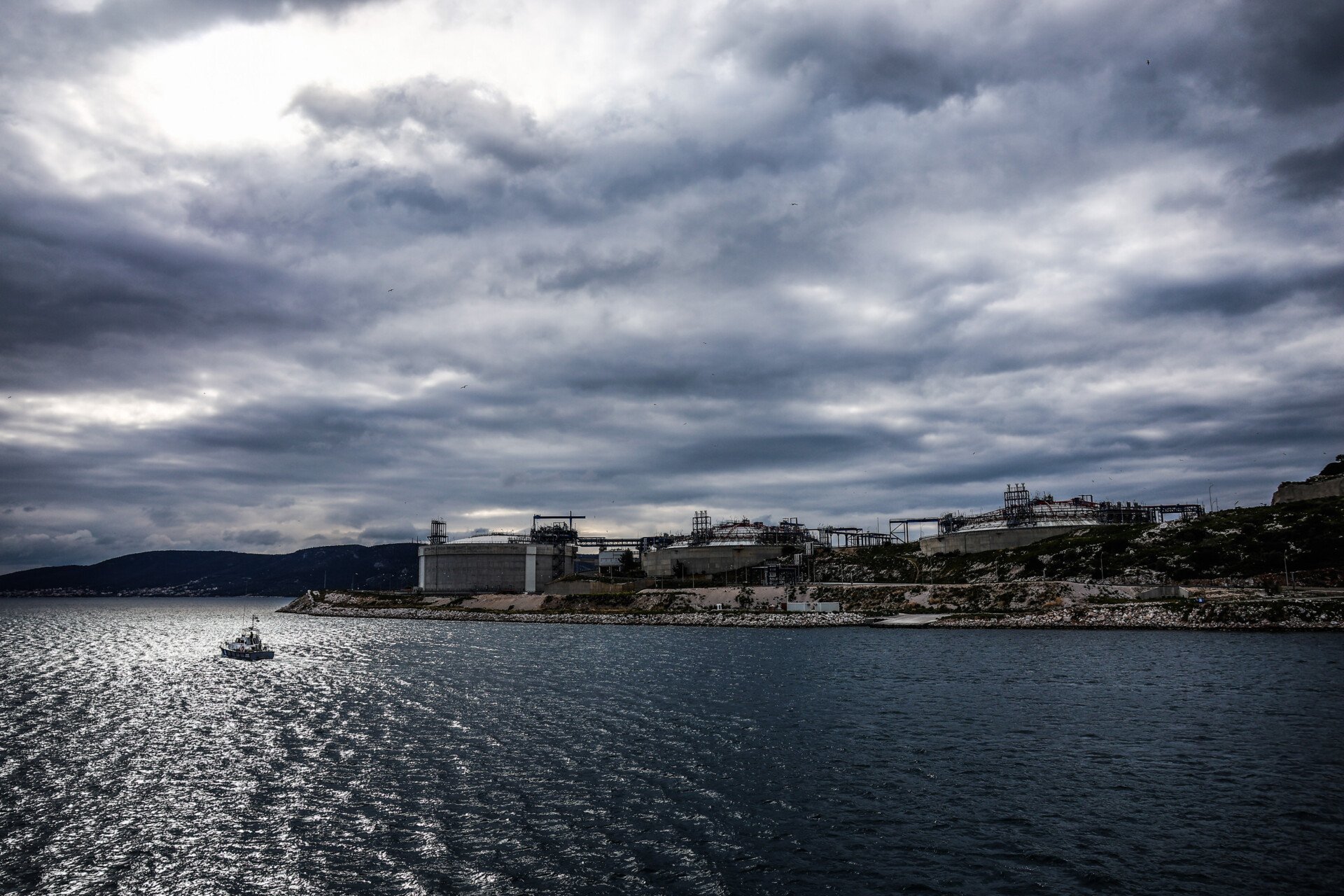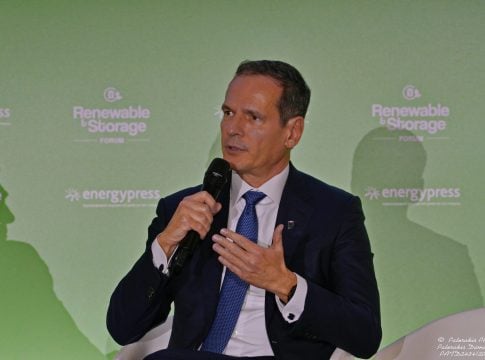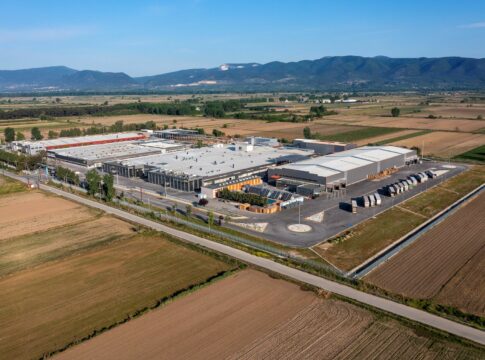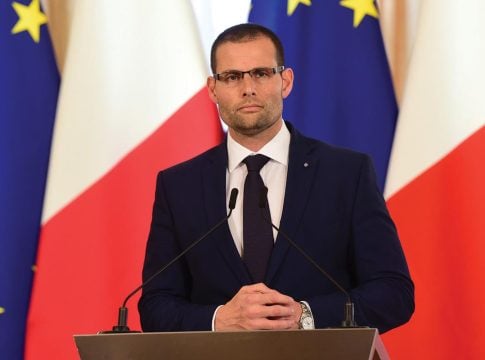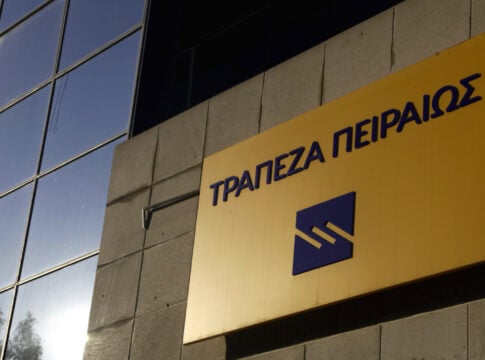Investments of 30 billion euros can transform the expansion of RES into a stable energy system by 2030 in Greece, Pavlos Mylonas, CEO of the National Bank of Greece (NBG), said at the 9th Southeast Europe Energy Forum.
The clear message delivered by the CEO of NBG was that Greece has achieved rapid expansion of RES; the next step is to stabilize the system to make new projects financeable. The challenge today is not to become “victims of our success”, as the high share of RES without a corresponding market architecture increases price volatility, creates operational problems and threatens the financing of projects in RES, storage and even natural gas in its transitional role as “security infrastructure,” Mylonas, among other things, said.
Financing problem
In his speech, Mylonas raised the problem with the terms of financing.
Cash flows have become very uncertain for assets with a duration of 15–25 years, he said. RES have evolved from a “complementary” to a main source of energy production (43% of electricity generation in 2024, up from 24% in 2019) – a fact that makes it difficult to balance a system that ultimately depends on (variable) weather.
As a result, price fluctuations have intensified, with zero/negative prices and production cuts.
At the same time, the low share of long-term fixed-price contracts in Greece allows this volatility to pass almost immediately into the real economy. As dependence on RES increases towards 2030, the issue intensifies. The blackout in Spain in April 2025 serves as a warning example, when the lack of new holistic energy planning highlighted the fragility of systems with a high share of RES.
Updated market framework: 5 +1 proposals
The main focus of Mylonas’ speech was the need for an updated market framework with specific priorities, on which it seems that all stakeholders are gradually converging, proposing 5 + 1 changes.
In his speech, he proposed, first, to upgrade the network and interconnectors with binding timetables, as Greece’s cross-border connections remain below the European average (export capacity of 4.5% of production against a target of 15% for 2030) and parts of the internal network are saturated.
Secondly, to increase electricity demand, mainly through accelerating electrification in transport and heating (from 26% of consumption to 37% in 2030).
Thirdly, he pointed out that batteries are necessary for a high-RES system to operate. In Greece, a readiness compensation framework has already been introduced, but the volumes covered fall short of needs (0.8 GW against estimated needs of 8 GW) and licensing remains slow.
Fourth, he suggested upgrading the tools for short-term market balancing.
Fifth, he said that price stability “insurance” measures are needed, such as Bilateral Power Purchase Agreements (PPAs) and Contracts for Difference (CfDs). At the same time, according to Mylonas, the role of combined cycle gas turbines (CCGTs) remains crucial, as the increase in the share of RES limits operating hours but at the same time increases their importance as safety reserves – making the introduction of compensation schemes for their readiness a priority.
Necessary investments of 30 billion euros
Closing his speech, the CEO of NBG stressed that Greece needs 30 billion euros by 2030 to transform the “explosion” of RES into a stable and competitive energy system (grids, storage, production).
Banks, with the National Bank firmly at the forefront, will finance a significant part of the required investments, provided that the rules are stable and the revenue streams are relatively predictable, he pledged.
In practice, this means a) clear incentives for storage and security units, b) binding dates for network projects and interconnections and c) faster licensing. Under these conditions, the cost of financing will be reduced and capital disbursements will be accelerated, ensuring a leading position for Greece in the European green transition trajectory.



